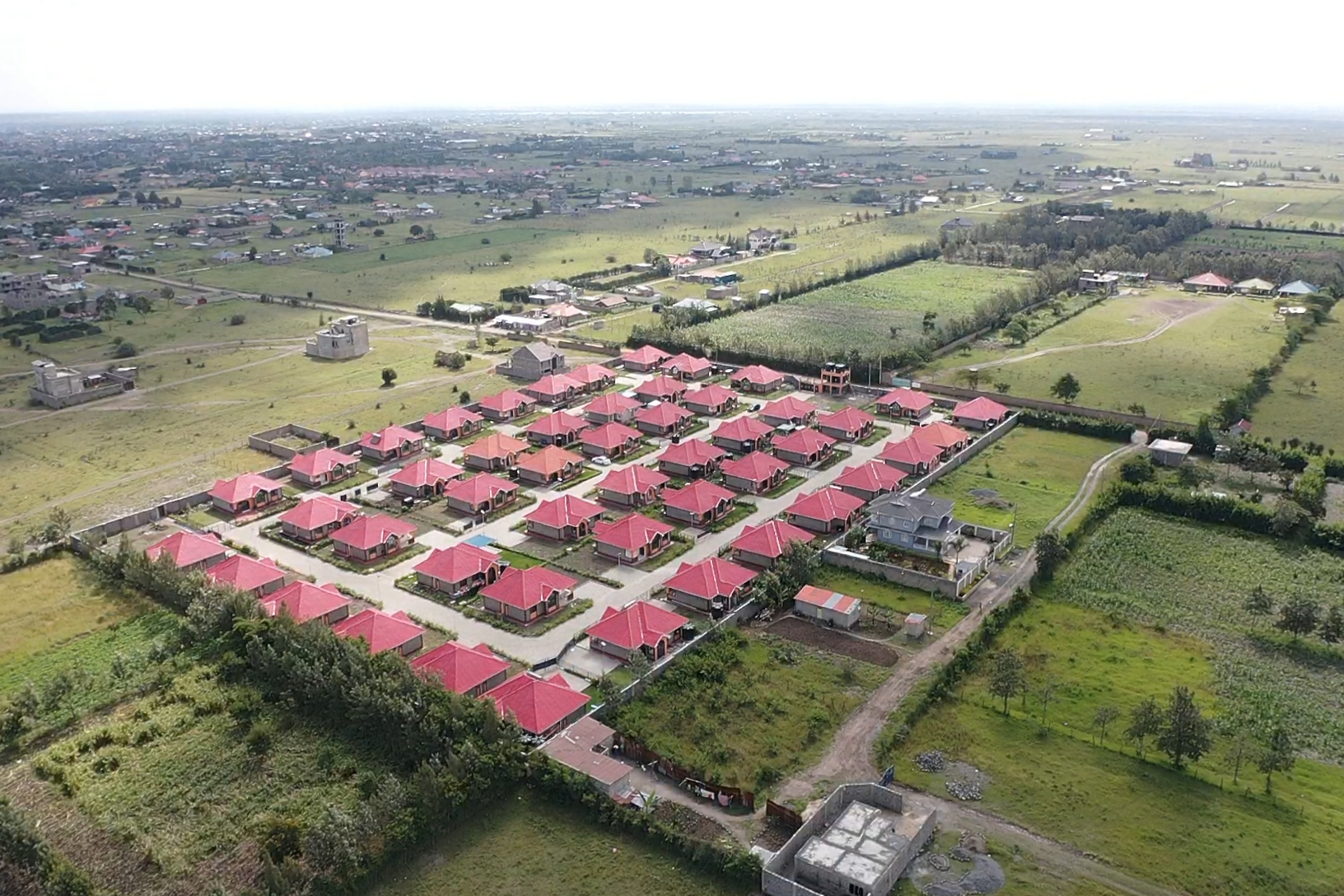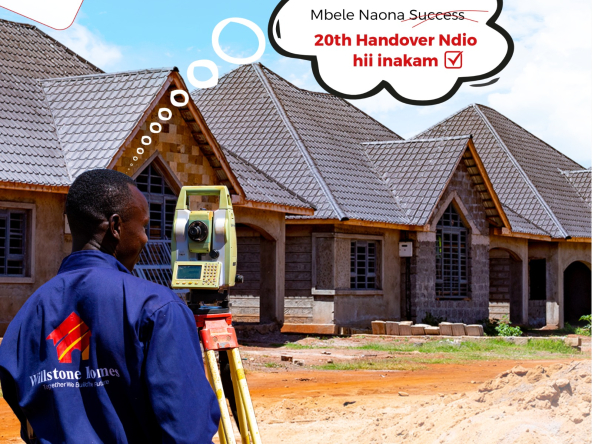The integration of ESG in property development in Kenya has moved from being a corporate buzzword to a powerful market force. Private developers in Nairobi, Mombasa, Kisumu, and rapidly growing satellite towns are embedding Environmental, Social, and Governance (ESG) principles into project planning and execution—reflecting both global sustainability goals and local market realities.
Why ESG is Rising in Kenya’s Property Sector
Kenya’s real estate sector is estimated to be worth KSh 1.3 trillion (CBK, 2024), with property accounting for about 11% of GDP. Yet climate change, urban congestion, and investor demand for ethical practices are reshaping how developers operate.
According to the IFC (2024), green buildings can cut operational costs by up to 30%, and certified buildings in Africa attract rental premiums of 6–10%. This makes ESG not just a moral imperative, but a profitable strategy.
Read Also: Welcome to Willstone Homes — Where Your Week Begins with Purpose
Environmental Responsibility: Going Beyond Energy Efficiency
Forward-thinking developers are adopting environmental best practices to enhance property value and sustainability:
| ESG Environmental Feature | Adoption Rate in Kenyan Developments (2024) | Impact on Value |
|---|---|---|
| Solar Power Integration | 55% of new gated communities | Reduces utility bills by 20–40% |
| Rainwater Harvesting Systems | 48% of urban developments | Cuts water costs by up to 35% |
| Waste Recycling & Management | 35% of commercial projects | Improves ESG ratings |
| Retrofitting Existing Buildings | 28% of older commercial properties | Extends asset life by 15–20 years |
| EDGE & LEED Green Certification | 18% of large-scale developments | Attracts global investors |
Case Example:
At Tatu City, over 50% of commercial buildings are designed to meet EDGE certification Kenya standards, cutting energy use by up to 40%.
Social Impact: Designing for People
The social pillar of ESG in property development in Kenya focuses on how buildings affect occupants and communities:
- Occupant Wellness – Natural light, improved air quality systems, and access to green spaces are now key design features.
- Accessibility – Developers are integrating ramps, wide corridors, and lifts for persons with disabilities.
- Community Benefits – Projects are sourcing materials locally, creating jobs, and building schools and health facilities in new estates.
Data Insight:
A 2023 survey by the Kenya Green Building Society found that 72% of buyers would pay more for homes with wellness features like air filtration and green spaces.
Read Also: Welcome to Willstone Homes – Where Dreams Find Foundations
Governance: Ethical and Transparent Development
Governance ensures trust between developers, buyers, and investors. Ethical property developers in Nairobi and beyond are:
- Publishing annual ESG compliance reports.
- Ensuring clean land title acquisition before sales.
- Engaging suppliers through fair contract practices.
This transparency attracts both local and foreign investment. In fact, over 60% of institutional investors in East Africa now consider ESG governance before committing funds (PwC East Africa, 2024).
Benefits of ESG Integration for Developers & Investors
| Benefit | For Developers | For Investors |
|---|---|---|
| Lower Operating Costs | Energy and water savings | Higher rental yield & occupancy rates |
| Access to Green Financing | Eligible for ESG-linked loans | Lower investment risk |
| Market Differentiation | Stronger brand reputation | Long-term capital appreciation |
| Compliance with Policy | Meets Kenya Green Economy Plan targets | Attracts international ESG-focused funds |
Looking Ahead: ESG as the New Normal
Kenya’s Kenya Green Economy Strategy and Implementation Plan (GESIP) is pushing for low-carbon growth. Developers adopting eco-friendly property development in Kenya, pursuing EDGE certification Kenya, and investing in retrofitting buildings in Kenya are positioning themselves for the future.
Key Projection:
By 2030, the Kenya Green Building Society projects that at least 50% of new large developments will follow certified green building standards.
The rise of ESG in property development in Kenya is transforming the sector into one that is more responsible, innovative, and globally competitive. From solar-powered estates in Nairobi to wellness-focused apartments in Mombasa, developers embracing ESG principles are not only shaping skylines but also securing a sustainable future for generations
Read Also: Land Hoarding vs. Productive Use: The Legal Grey Zones in Kenya’s Property Market
At Willstone Homes, we lead the way in ESG in property development in Kenya, delivering sustainable, wellness-focused, and ethically managed real estate projects. Secure your future with a home or investment that combines modern living with environmental responsibility.
📍 Visit Us: Park Suites, 44 Parklands Road, Ground Floor, Suite 1, Willstone Homes
📞 Call/WhatsApp: +254 711 082 011
📧 Email: [email protected]
🌐 Website: www.willstonehomes.ke





